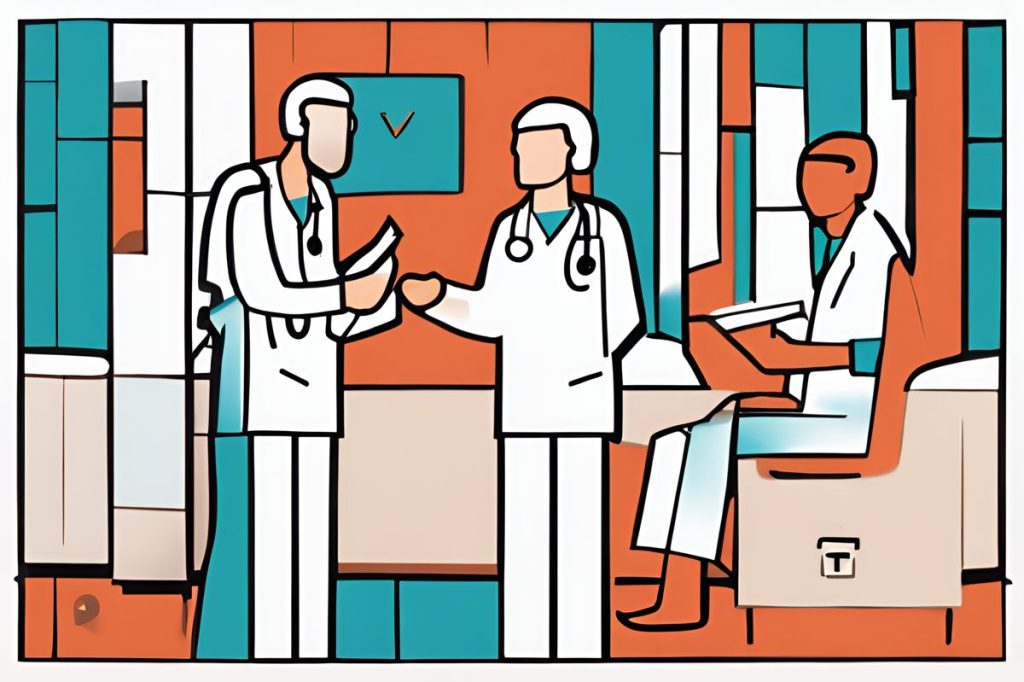Cyprus and Greece are collaborating in transplant medicine, including organ donation and lung transplants at Greece’s Onassis Cardiac Surgery Centre. They are proposing a kidney exchange program to optimize transplant matches and reduce waiting times, with discussions also encompassing broader healthcare cooperation like pharmaceutical procurement.
What are the key areas of healthcare collaboration between Cyprus and Greece?
- Cyprus and Greece are collaborating in transplant medicine, particularly on organ donation and lung transplants, with Cypriot patients gaining access to procedures at Greece’s Onassis Cardiac Surgery Centre.
- The two countries proposed a kidney exchange program to address incompatible kidney pairs and optimize transplant matches, potentially reducing waiting times.
- They are also discussing a broader healthcare cooperation memorandum, including pharmaceutical procurement and university hospital experiences.
Forging New Pathways in Transplant Medicine
During a recent official visit, health ministers from Cyprus and Greece put their heads together on a number of critical healthcare issues. They particularly highlighted the realm of transplant medicine, where teamwork across borders is not only beneficial but often necessary. Health Minister Michael Damianos and Greek Deputy Health Minister Marios Themistocleous underscored the importance of these agreements for citizens requiring transplants.
The proposed arrangements between Cyprus and Greece are unique in their capacity to save lives. Specifically, the first agreement targets organ donation and lung transplants, providing Cypriot patients with access to procedures at Greece’s renowned Onassis Cardiac Surgery Centre. The second agreement aims to resolve the challenge of incompatible kidney pairs, proposing a kidney exchange program to broaden the transplant possibilities for patients in both countries.
Expanding Healthcare Cooperation
The discussions went beyond transplants, tackling a new memorandum that would broaden the scope of cooperation in the healthcare sector. This includes pharmaceutical procurement and ensuring access to cutting-edge treatments. Michael Damianos also brought to light the urgency of discussing university hospitals, an area where Greece’s experience could prove invaluable.
Themistocleous, echoing Damianos’s sentiments, stressed the productive nature of the talks and the shared commitment to enhancing healthcare services. Both parties recognized that such collaborations between the two nations could lead to a significant improvement in the quality of healthcare provided to their citizens.
In the domain of healthcare, especially with complex procedures like transplants, international cooperation is more than a diplomatic gesture—it can mean the difference between life and death. The initiatives discussed by Damianos and Themistocleous are likely to have a profound impact on patients awaiting transplants and could set a precedent for other nations to follow.
Innovative Approaches to Kidney Transplantation
With the world of medicine constantly evolving, new solutions to old problems are always on the horizon. The second agreement discussed by the health ministers is particularly interesting, as it addresses the issue of kidney transplant incompatibility. By facilitating a kidney exchange, patients with willing but incompatible donors can still receive the organ they need. This exchange network between Cyprus and Greece is a significant step towards optimizing transplant matches and reducing waiting times.
These advancements in organ exchange programs could potentially inspire a broader, more global application. The success of such initiatives often sparks international interest and can lead to a more interconnected and supportive healthcare network worldwide. The potential for saving lives increases exponentially when countries collaborate and share resources in this manner.
As healthcare systems around the world grapple with shortages and ever-increasing demands, collaborations like the one between Cyprus and Greece serve as a beacon of hope. They show that through shared expertise and resources, nations can overcome some of the challenges faced in providing advanced medical care. The future of healthcare lies in such partnerships that transcend geographical boundaries for the greater good of humanity.
What are the key areas of healthcare collaboration between Cyprus and Greece?
- Cyprus and Greece are collaborating in transplant medicine, particularly on organ donation and lung transplants, with Cypriot patients gaining access to procedures at Greece’s Onassis Cardiac Surgery Centre.
- The two countries proposed a kidney exchange program to address incompatible kidney pairs and optimize transplant matches, potentially reducing waiting times.
- They are also discussing a broader healthcare cooperation memorandum, including pharmaceutical procurement and university hospital experiences.
What was highlighted during the recent official visit between health ministers from Cyprus and Greece?
During their visit, the health ministers focused on critical healthcare issues, particularly in the realm of transplant medicine. They emphasized the importance of collaboration in saving lives and improving access to procedures for citizens requiring transplants.
What innovative approach to kidney transplantation was discussed between Cyprus and Greece?
The health ministers discussed a kidney exchange program to address incompatible kidney pairs, allowing patients with willing but incompatible donors to still receive the organ they need. This program aims to optimize transplant matches and reduce waiting times in both countries.
How could collaborations like the one between Cyprus and Greece impact the global healthcare landscape?
Collaborations between countries in healthcare, especially in complex procedures like transplants, can set a precedent for others to follow. By sharing expertise and resources, nations can overcome challenges in providing advanced medical care, leading to a more interconnected and supportive healthcare network worldwide.

